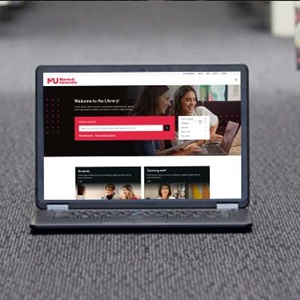Thinking about where to publish your work and how your copyright is affected is a very important part of academic life. The most important thing to remember is to read the contract carefully and understand what you are signing.
Publishing with commercial publishers
Consider these points before signing a contract
- How do you want to use your work now and in the future? For teaching, future research or inclusion in your thesis or book?
- How do you want other people to use your work?
- What is important to you? Wide dissemination, impact or reputation?
- Is the publisher reputable?
Considering these questions may help you identify the publisher and licence you may want to use.
Types of publishing licences
There are two main types of licences a publisher will offer you:
Exclusive Licence
With an exclusive licence, you give up your copyright in terms of your intellectual property, so:
- you cannot use material yourself, you must have permission from the new owner,
- you cannot give permission to others, it must come from the new owner,
- any permissions granted must be in writing and signed.
Non-Exclusive Licence
With a non-exclusive licence:
- you still own copyright,
- you can use material yourself in teaching and other research,
- you give permission to others to use your work (can be verbal but it is better if it is in writing).
Other considerations
The contract may also cover:
- Author rights: What rights you will retain over your work.
- Territory: Worldwide rights, specific countries or regions and languages published.
- Warranties: The publisher will want you to declare that you are the copyright owner and that you have permission for any third party copyright material used in your article. This is often accompanied by an indemnity.
- Period: The contract and agreement can expire after a period of time. If a period is non specified, it usually means the contract is ongoing. This section will also include reversion clauses if certain conditions are not met (for example, if the publisher doesn’t publish your work in a timely manner).
For more information on assessing where to publish and how to assess the quality and integrity of publishers, see our Publishing Research Guide.
Open Access publishing
Open Access (OA) refers to freely available, digital, online information. Open Access scholarly literature is free of charge and often carries less restrictive copyright and licensing barriers than traditionally published works, for both authors and users. Users of Open Access publications are free to read, download, copy, print, distribute, search, link to the full texts of these publications, or use them for any other lawful purpose.
The Library has a guide on Open Access publishing available here.
Need help?
If you are unhappy with anything in the contract, you may be able to negotiate new terms with the publisher. If you need further advice, contact the University Copyright Coordinator.
Helen Balfour
|
For Murdoch staff and student enquiries: |
For all other enquiries: |
Disclaimer
The information and advice given in these pages is for general use: it is not legal opinion.

